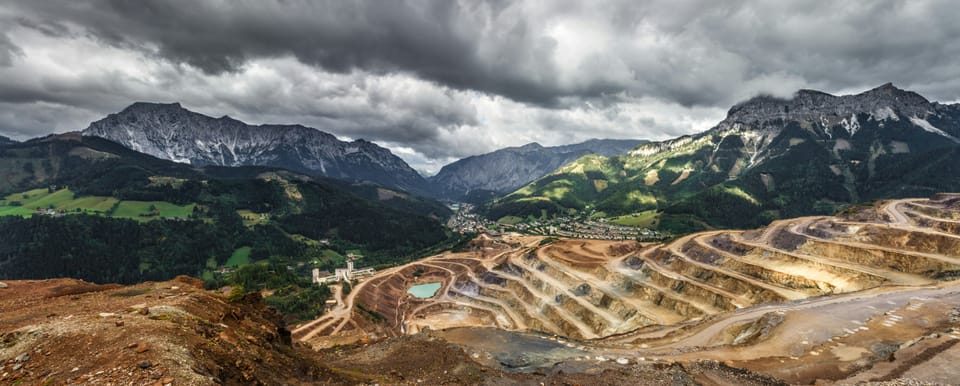Teck Resources’ first TNFD report shows financial benefits of aligning with climate transition

In its first integrated climate and nature report, Teck Resources finds that, regardless of the climate scenario, aligning business strategy to support the ecological transition is set to positively impact earnings.
The Canadian miner – which recently sold off its last steelmaking coal business unit to focus exclusively on energy transition minerals like copper and zinc – analysed the financial impacts of climate-related risks and opportunities across three climate scenarios reflecting temperature rises from the optimistic 1.5ºC to the worst-case 3ºC+.
Across the three scenarios, Teck found that “the potential benefits of climate and nature impacts on [its] annual EBITDA from 2025-2033 in the upside scenario were generally greater than the potential downside risks in the low case scenario”.
In other words, the positive earnings impacts of mitigating climate and nature physical and transition risks, as outlined in the miner’s first TNFD-aligned report, outweigh the costs of adjusting its business strategy.
Scenario analysis to test climate resilience
The analysis was meant to help Teck understand the effects of climate-related risks and opportunities on its future financial position and performance, and test the climate resilience of its strategy and business model.
The scenarios were developed by the company itself, and inspired by respective scenarios by the Intergovernmental Panel on Climate Change (IPCC) and International Energy Agency (IEA) for 2050, from high-ambition, low-emissions (1.5ºC) to medium ambition (around 2.5ºC) and low-ambition, high-emissions (3ºC+).
A variety of inputs were adjusted across the scenarios, including assumptions around commodity pricing, which Teck explains is “in part influenced by future demand for commodities in climate-related applications (e.g. copper in electric vehicles)”, carbon costs, climate adaptation costs and decarbonisation costs.
“The use of these scenarios enables a more fulsome assessment of risks and opportunities to business and supports the identification of mitigating actions and signposts, which represent indicators that we can monitor to determine the likelihood of a risk or opportunity materialising,” Teck Resources notes in its inaugural climate and nature report.
Focus on water risks
The report provides a detailed nature and climate-related impact and risk assessment for each of Teck Resources’ sites, as well as for the overall business. Freshwater is identified as a major impact area across all sites, being indispensable for operations, while also threatened by changes in precipitation patterns and extreme heat.
The analysis is then used to incorporate climate scenario planning into project designs: for example, Teck Resources started using desalinated sea water at its Quebrada Blanca mine in Chile’s Atacama Desert.
“Already one of the driest places on Earth, climate projections suggest the local water supply will only decrease further over time. By securing access to desalinated water, our Quebrada Blanca operations are less exposed to drought conditions — and preserve valuable freshwater resources for the communities,” explains Teck’s President and CEO Jonathan Price.
The company notes that the transition from freshwater to desalinated seawater has created additional complexity and operational risk, as the desalinated water must be pumped over 165 kilometres to the site and up an elevation of over 4,000 metres – but the benefit of being able to continue operations even in areas of high water stress outweighs these downsides.
Integrating nature into capital allocation
Price adds that Teck Resources is working to integrate nature into its capital allocation framework, warning that “valuing nature in financial terms is complex”.
To achieve this, the firm is shaking up its vision of nature in the context of mining operations, partly by adopting “non-traditional measures” such as Indigenous perspectives. “Making nature positive investments a core part of our strategy,” the CEO declares.
In 2022, Teck was one of the first mining companies to set a nature-positive goal, which includes conserving or rehabilitating at least three hectares for every one hectare affected by its mining activities, and undertaking rehabilitation work even during operations, as opposed to waiting for mine closure.







Member discussion